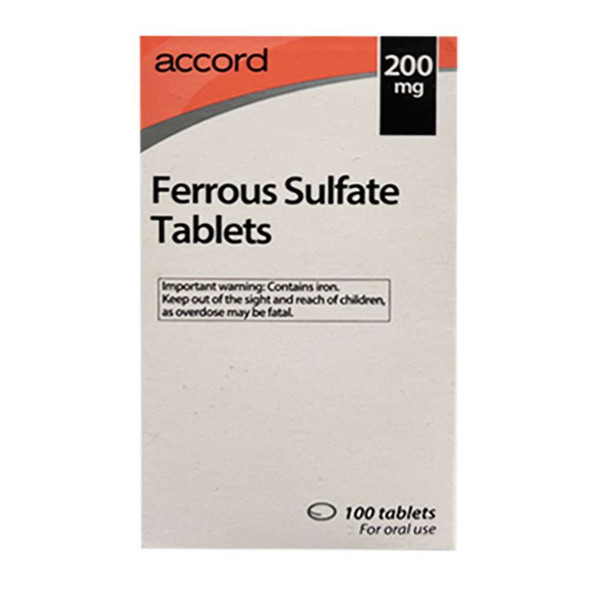Anemia is when you're low on red blood cells or haemoglobin, which means your blood can't carry enough oxygen. It can leave you feeling wiped out, weak, and even a bit dizzy. Your skin might look paler than usual too. It happens for different reasons, like not getting enough iron or having other health problems.
More about anemia
What is anemia?
A low red blood cell count is referred to as anemia. Anemia is defined as a low haemoglobin or hematocrit in a regular blood test. Your red blood cells' primary protein is called haemoglobin. It transports oxygen throughout your entire body. Your haemoglobin level will also be low if you have anaemia. Your tissues or organs won't get enough oxygen if it is low enough. Anemia symptoms, such as exhaustion or breathing difficulties arise from your organs not receiving enough blood to function normally.
Who is most susceptible to anemia?
Some types of anaemia are genetically inherited, and newborns may be born with it.
Due to increased blood supply requirements during pregnancy and blood loss following periods, women are susceptible to iron-deficiency anaemia.
Anaemia is more common in elderly people due to their increased likelihood of renal disease and other chronic medical disorders.
How serious is anemia?
Anemia comes in a variety of forms. Each has a unique cause and course of action. Certain types, such as mild anemia that develops during pregnancy, don't pose a serious threat. However, certain forms of anemia might be a sign of a dangerous illness.
What are symptoms of mild anemia?
The signs of anemia can be so mild that you might not even notice them. At a certain point, as your blood cells decrease, symptoms often develop. Depending on the cause of the anemia, symptoms may include:
- Dizziness, lightheadness, or feeling like you are about to pass out<>
- A fast or unusual heartbeat
- A headache
- Pain, including in your bones, chest, belly, and joints
- Problems with growth, for children and teens
- Shortness of breath
- Skin that’s pale or yellow
- Cold hands and feet
- Tiredness or weakness
What are symptoms of severe anemia?
If anemia gets worse, symptoms may include:
- Brittle nails
- Mouth ulcers
- For women, increased menstrual bleeding
- An inflamed or sore tongue
- While at rest or with little activity, shortness of breath
- Getting lightheaded when you stand up
- Pale skin color
- Pica syndrome, or the desire to eat non-food things such as ice
- Blue color to the whites of the eyes
Can anemia be cured?
Yes, anemia can be easily cured. It's usually a short-term issue that can be treated with a change in diet or by taking supplements. It is uncommon to need other interventions to treat anemia, but it is possible.
How to change your diet to stop anemia?
To treat anemia, eat an iron-rich diet. If you don't eat enough iron, your body can become iron-deficient. Some foods that have high amounts of iron include:
- Meats
- Eggs
- Leafy green veggies
- Iron-fortified foods like cereals
- Beans
- Seafood
- Peas
- Nuts and dried fruit
- Lentils
How can anemia affect pregnancy?
The moment you get pregnant, your body goes through many changes. Because your blood volume increases by 20 to 30 percent, you require more iron and vitamins. Many individuals need more iron for their second and third trimesters, which could prompt anemia. Although mild anemia is common during pregnancy, severe anemia may also put your baby at risk for anemia. In the event that you're seriously frail during your initial two trimesters, you're at a higher chance of having a preterm delivery or a child with a low birth weight. Individuals who are pregnant and anemic are likewise at a higher risk of blood loss during labor and may have a harder time battling diseases. During pregnancy, you want 27 milligrams of iron every day. Iron-rich prenatal vitamins can help you avoid or treat iron deficiency during pregnancy. You may also be prescribed a different iron supplement by your doctor.
Review Date: March 2024

















